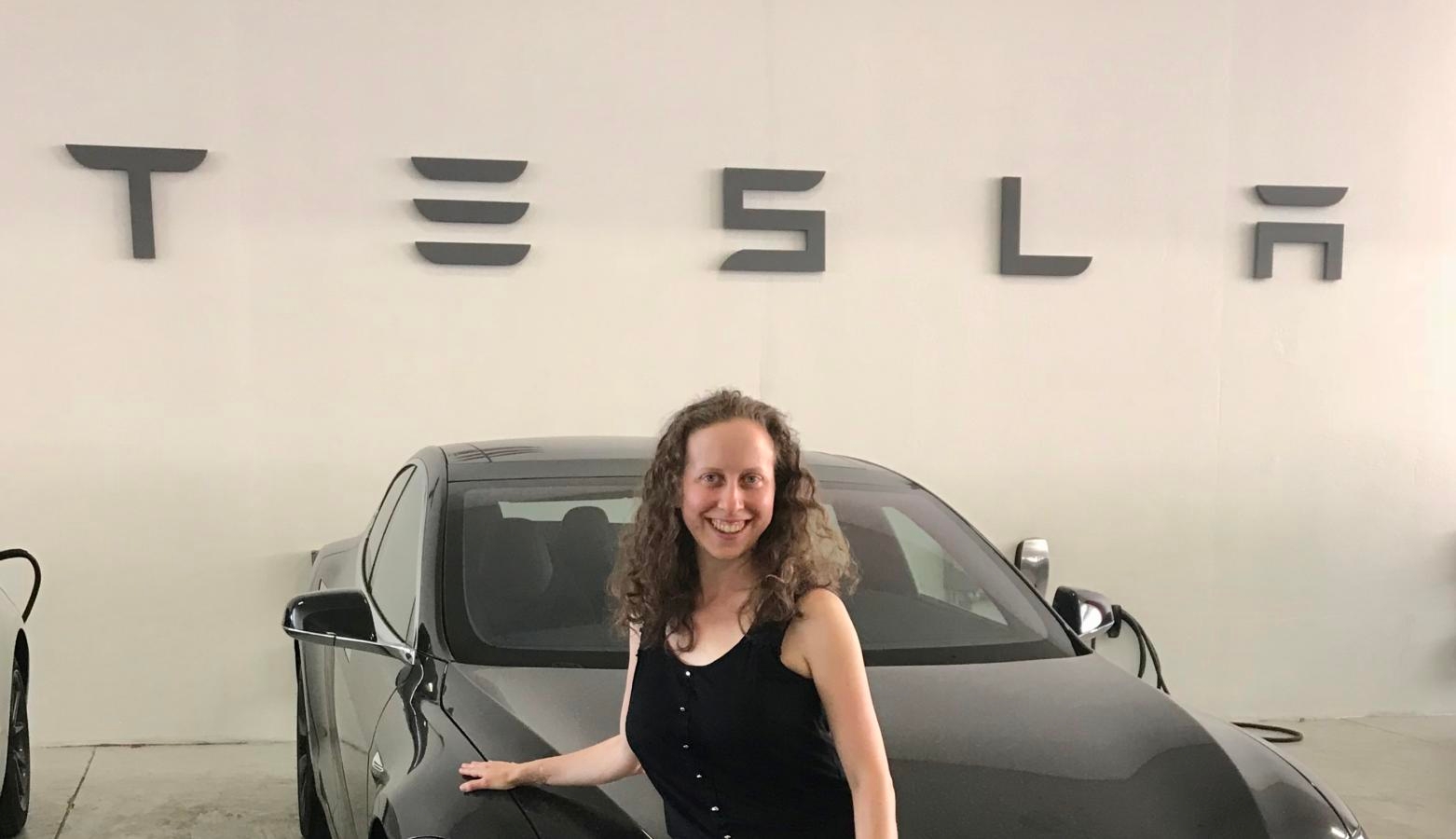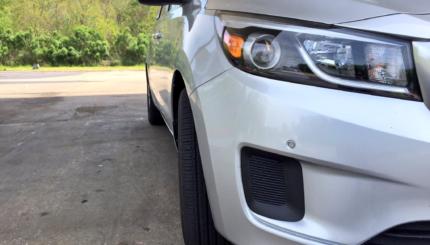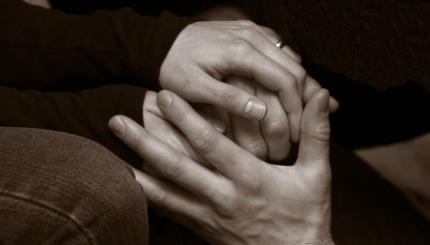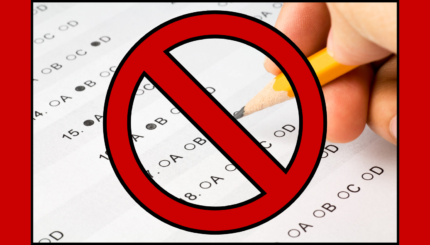Teshuva (from the Hebrew root “shuv,” to return) is typically translated as asking for forgiveness for a transgression. Around Rosh HaShana, we examine our behavior, making restitution for the mistakes we have made in the past year. This year, however, teshuva took on a decidedly new meaning for me – all while test-driving a Tesla.
It began when I attended a retreat in Palm Springs, CA, where my friends and I took refuge from the 117-degree heat at a local shopping mall. One friend wanted to test-drive a Tesla, so we headed there, two wide-eyed enthusiasts and I, completely indifferent.
I love the concept of electric cars. However, I would much rather hop in a carpool or take public transportation than drive a car myself. For some, driving is relaxing; for me, it is a stress that I would rather avoid. While my friend signed up to test drive the car, I climbed in the backseat, admiring the high-tech construction and built-in gadgets.
My friend began to drive and my anxiety rose as I listened to the salesman describing the “ludicrous” mode, in which the driver could accelerate from 0-60 miles-per-hour in 2 seconds.
“Would anyone else like to test-drive a Tesla today?” the salesman asked.
Out of nowhere, I heard myself say: “I will.”
Panic set in, and I desperately asked questions about every aspect of the car. The salesman peered into my eyes trying to decide if I should have ever been given a driver’s license and if he should drive us back to the dealership.
My friend interrupted with a steady voice: “Stop asking questions and drive!”
It was a simple enough request. However, here I was, sitting in a Tesla, the open road before me, and I was stuck in “park” afraid of a machine.
Luckily, I listened to my friend and started the car. It felt relaxing, smooth, and quiet. That is when I heard myself say: “Let’s try the ‘ludicrous’ setting.”
Leaning back in the seat, bracing myself, I pressed hard on the accelerator. The next few seconds vacillated between screaming and laughing.
I felt magical, instinctively knowing what to do. Who could have predicted that two seconds of acceleration could be so life-changing?
After relishing sitting in the front seat of a Tesla, I could no longer deny that I enjoyed driving. The beliefs I had been telling myself of all my fears around driving were inaccurate. I felt an unexpected excitement to travel to new places in a car, to explore beautiful terrains that before had been off-limits because of the perceived limitations of my ability.
Who was this new person I was becoming?
With my friend’s wise words to “Stop asking questions and drive!”, I experienced a profound teshuva in a truly “ludicrous” way. It was not a traditional teshuva, but in those two seconds, I released years of self-doubt, fear, and limitation.
I recognized that every adventure we take is an opportunity to return to our true self.
Sometimes, that means asking for forgiveness and rectifying wrongdoings that led us astray in our capacity to love and connect with others. However, it can also mean letting go of beliefs that no longer serve us, that keep us off track from returning to our true self.
Teshuva can show up as test-driving a Tesla. What will it be for you?




